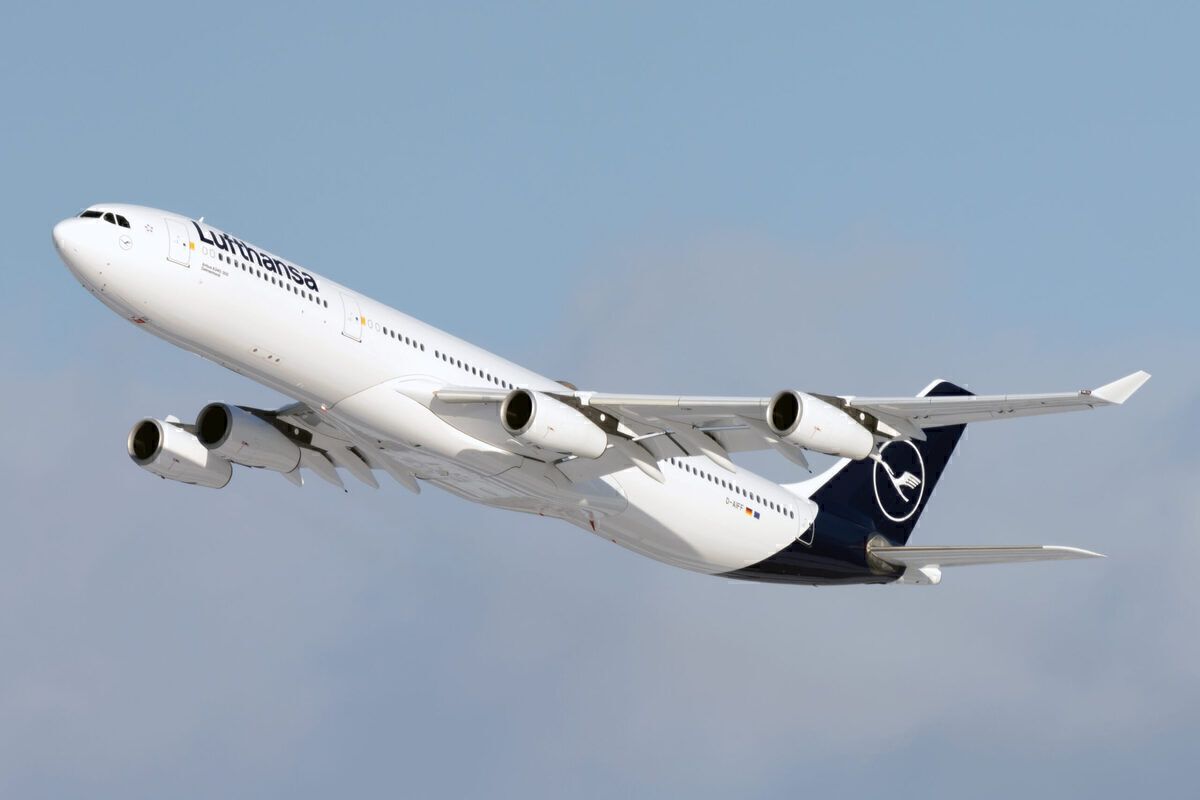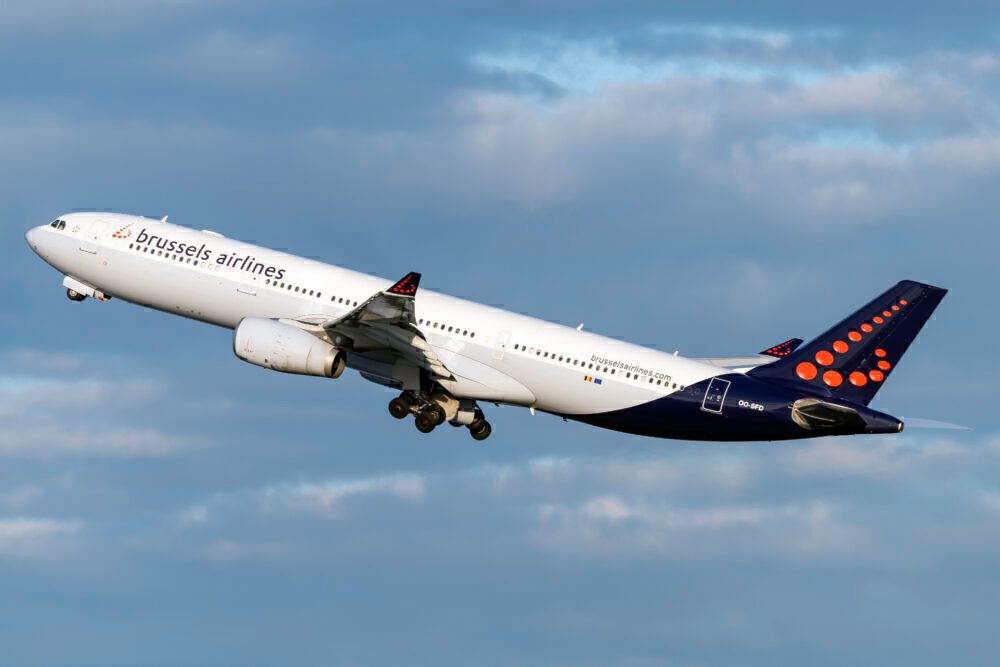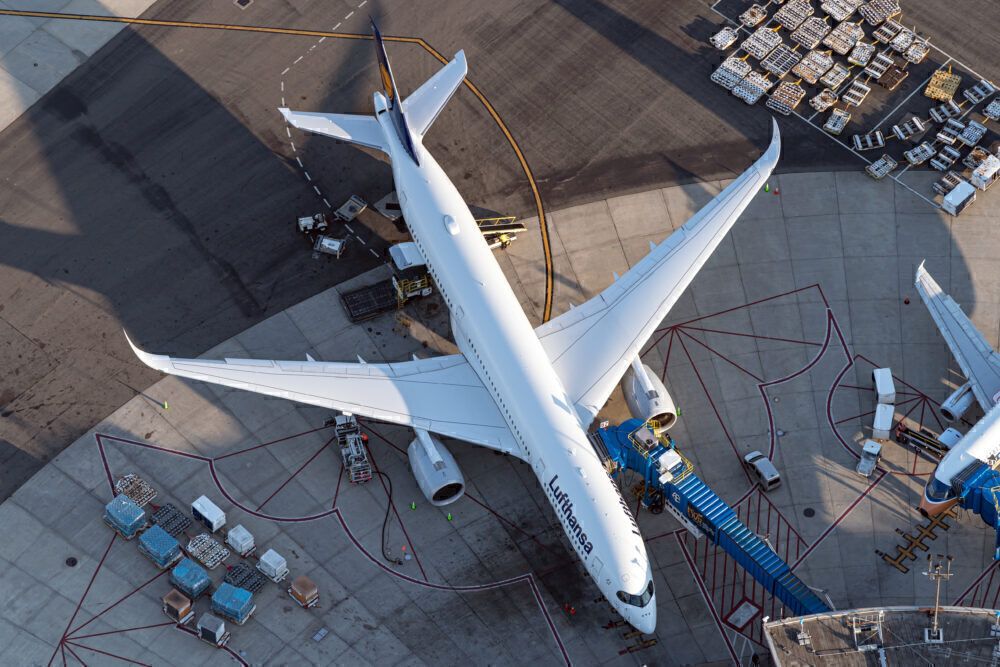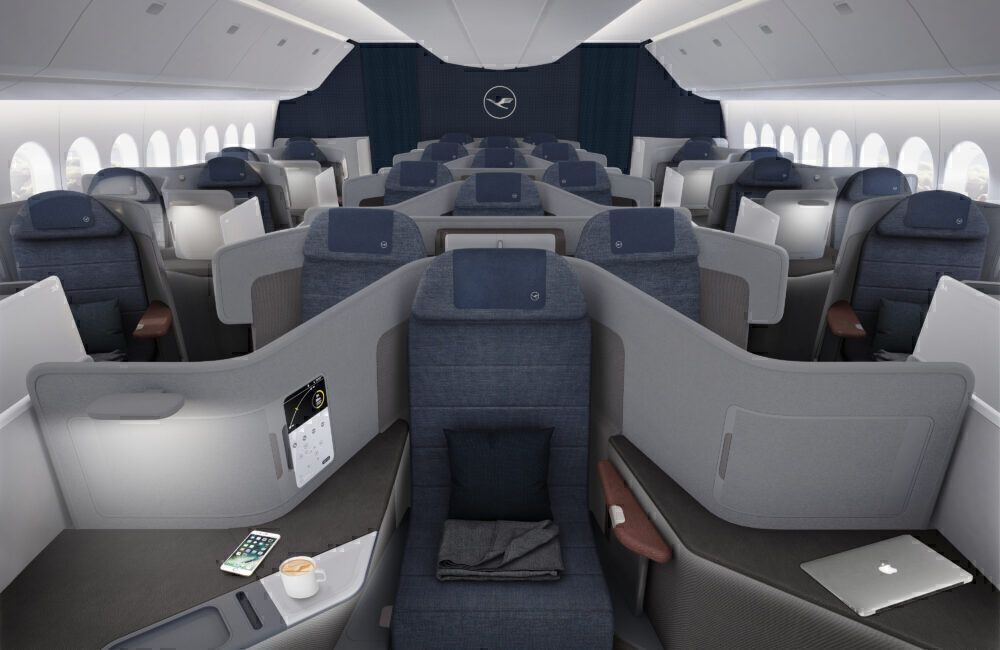Lufthansa is looking to simplify its long-haul fleet in the coming decade to reduce operational and maintenance costs. The Group will shrink the number of aircraft models it operates by nearly half and reduce its fleet by 150 planes. The decision to simplify the fleet comes as the Group reels from the effect of COVID-19.
From 14 types to just eight
COVID-19 has deeply shaken up the Lufthansa Group, to say the least. The carrier received a €9 billion ($10.8bn) bailout last summer to survive the crisis and has since set out to make changes. One of these changes will be simplifying the long-haul fleet to reduce maintenance, crew training, and operational costs.
Overall, the Lufthansa Group will reduce the number of long-haul aircraft types from 14 to just eight by the middle of the 2020s. This would be achieved through retiring the Boeing 747-400s, 767-300s, 777-200s, Airbus A330-200s, A340-300s, A340-600s, and MD-11F.
While many of these aircraft models were likely heading for retirement in this decade, Lufthansa has made it clear that it is serious about simplification and cost reduction with its announcement. Some of these models might come as a surprise, with Lufthansa recently repainting an A340 to show its commitment to the type. However, the fresh coat only bought the model a few more years.
Stay informed: Sign up for our daily and weekly aviation news digests!
What's left?
However, fleet simplification is not a one-way street in this case. To offset the lost aircraft types, Lufthansa will take on the new Boeing 787-9s and the delayed 777X. These aircraft are far more efficient than the planes they will replace, increasing cost savings.
This means that the Lufthansa Group will be left operating 747-8s, 777-300s, 777Fs, A330-300s, A350-900, 787-9, 777X, and possibly the A380. Notably, Lufthansa did not list its Airbus A380 fleet in its retirement plans. However, the future of the eight A380s currently in long-term storage remains in limbo for now.
Overall, the decision to retire less-efficient jets makes sense for an airline group that has seen its passenger numbers fall to a fraction of previous levels. The pandemic highlighted several inefficiencies and extra costs in the airline's books, forcing it to make difficult "rightsizing decisions."
Not all bad
Amid all the gloomy news about losses and retirements, Lufthansa did have some good news too. For one, the carrier plans to take delivery of 20 brand new 777Xs by 2025 and will also debut its new business cabin by the end of 2022. Both these developments signal that while Lufthansa might be overhauling itself, it remains committed to passenger comfort.
While COVID-19 may have bruised large groups like Lufthansa, the airline will remain a major player for years to come, albeit focusing on being leaner and more efficient.
What do you think about Lufthansa's planned fleet changes? Let us know in the comments!




